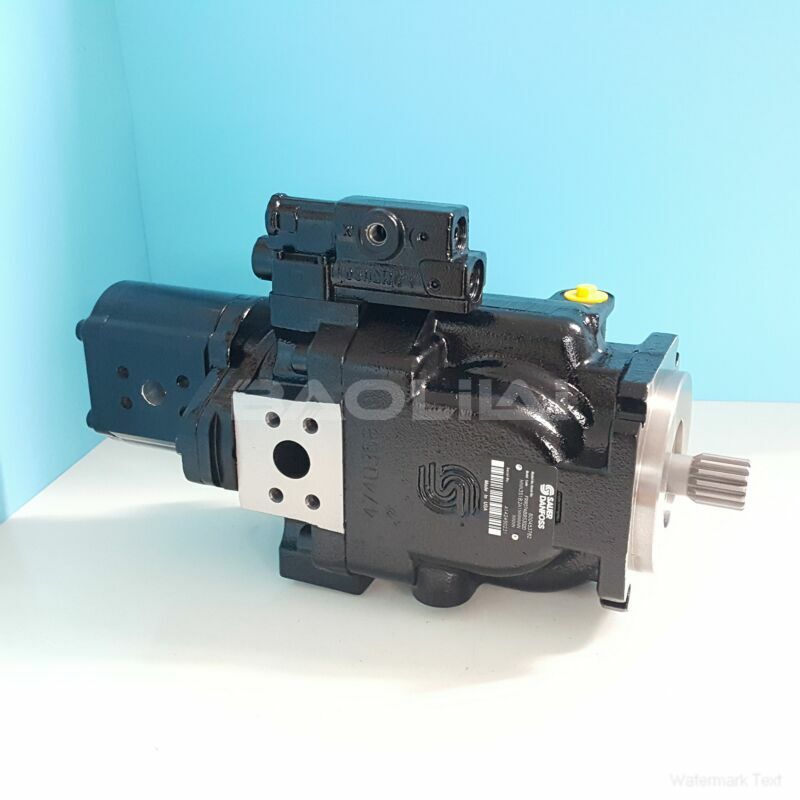FRR074BTD3124NNNCS1B2A1RNNNANSNNN sauer danfoss pump
FRR074BTD3124NNNCS1B2A1RNNNANSNNN sauer danfoss pump

- Product Details
- Applicable Scene
In today’s industrial landscape, the efficient transfer of fluids over long distances is critical for various sectors, including oil and gas, water supply, chemical manufacturing, and more. Among the various types of pumps available, piston pumps stand out as a reliable and effective solution for managing fluid transfer in such scenarios. This article explores the role of piston pumps in this context, highlighting their advantages, working principles, and applications.
FR-R-074B-TD-31-24-NN-N-C-S1B2-A1R-NNN-ANS-NNN
FRR074BTD3124NNNCS1B2A1RNNNANSNNN
Piston pumps, also known as positive displacement pumps, operate by using the back-and-forth motion of a piston inside a cylinder to move fluid. As the piston retracts, it creates a vacuum that draws fluid into the cylinder. When the piston moves forward, it forces the fluid out through a discharge valve. This mechanism allows piston pumps to handle high pressures and deliver a consistent flow rate, making them suitable for long-distance fluid transfer.

83055383
One of the key advantages of piston pumps is their ability to generate high pressure. Unlike centrifugal pumps, which rely on the velocity of fluid to create pressure, piston pumps effectively compress the fluid, allowing for efficient transport over long distances. This capability is particularly crucial in applications like oil extraction, where fluids must be transported from remote drilling sites to processing facilities.
Another benefit of piston pumps is their versatility in handling various fluid types. They can efficiently manage viscous fluids, slurries, and even abrasive materials, making them ideal for a wide range of industries. For example, in the chemical manufacturing sector, piston pumps are used to transfer corrosive substances safely and efficiently, minimizing the risk of leaks and contamination.
Moreover, piston pumps exhibit excellent volumetric efficiency, which means they can transfer a maximum volume of fluid with minimal losses. This efficiency is crucial when considering the energy costs associated with long-distance fluid transport. By employing piston pumps, industries can reduce operational costs while ensuring a dependable supply of fluids.





